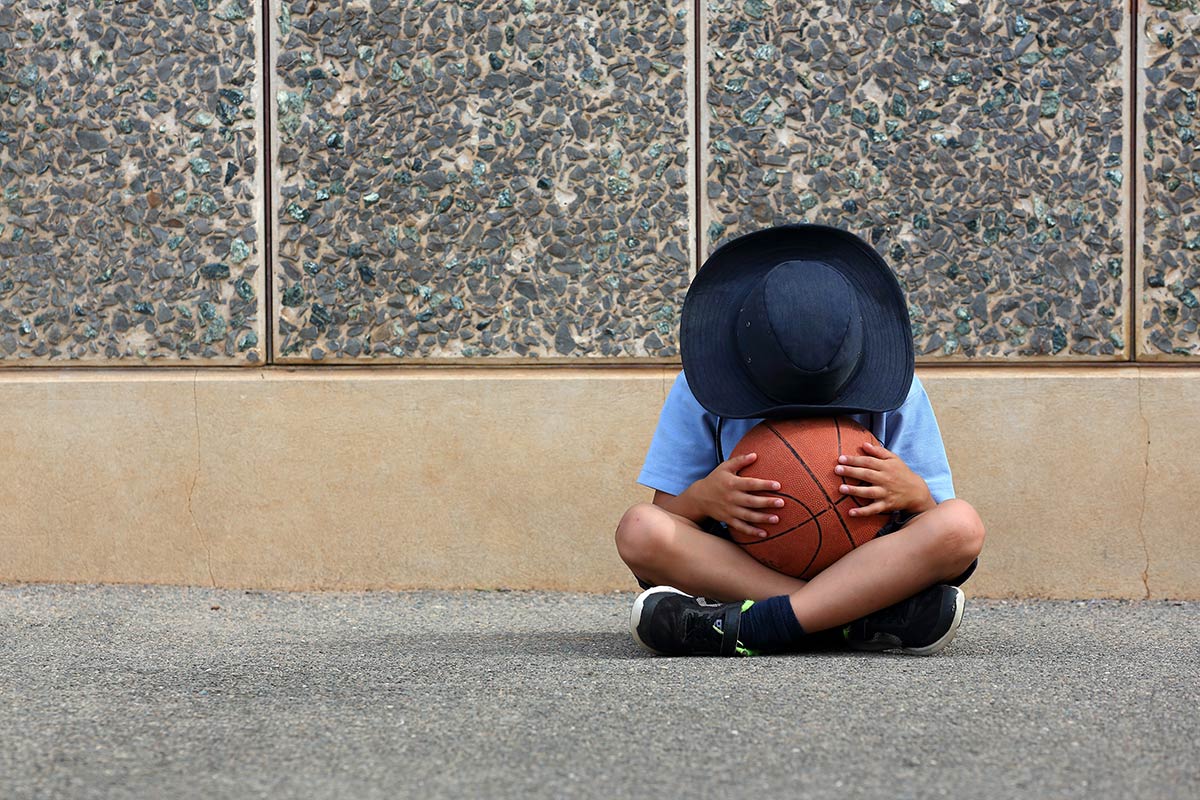
Rising rates of bullying and decreasing student well-being amongst primary and secondary students in Australia has been revealed in a new study by Flinders University's Dr Grace Skryzypiec and Dr Mirella Wyra.
The authors state that current anti-bullying initiatives, including the National Safe Schools Framework, have failed to curb peer aggression in schools and call for a "more systematic and evidence-based approach" to reduce increasing rates.
Over 800 students aged 11-16 took part in the study, completing the Student Aggression and Victimisation Questionnaire (SAQV) and answering an open-ended question about student interaction in their schools.
Almost half of students reported having been harmed by their peers (48.1%), while the number of victimised students-those who did not cause harm themselves-was almost one-in-three. This is a worrying increase from 2009, when a study found that only one quarter of students were victimised.
"Despite policies such as the National Safe Schools Framework and sporadic anti-bullying initiatives in some schools, peer aggression continues unabated across all grades," they write.
Student well-being is also dropping. Over 10% of students were found to be "languishing", exhibiting low satisfaction both with general life and with their productivity and function in society. In 2014, this figure was just 6-8%.
While 49.2% of Australian students are "flourishing", this is a decrease from the 54-55% recorded in 2014.
Female students are languishing more and flourishing less than their male counterparts and score lower on self-concept measurements and resilience.
Dr Skrzypiec and Dr Wyra also identify student attitudes towards bullying and peer aggression. These range from sadness and disappointment to the opinion that bullying is just "banter". Other students report joking that they wished their friends would "drown" or "die in a car crash".
Anti-bullying laws do not exist in Australia, although the authors note that that students can be charged for crimes such as assault under existing legislation. However, they say schools should "investigate and develop initiatives that will suit them" rather than involving the judicial system.
The National Safe School Framework encourages state education departments to create anti-bullying policies but does not assist them in doing so.
"Schools will make an anti-bullying policy known to students, but will be unable to invest in any anti-bullying programmes," the authors write.
Dr Skrzypiec and Dr Wyra recommend that state governments provide resources for anti-bullying strategies. Teacher development and better-informed resources about peer aggression are vital.
"Schools require more assistance and support if peer aggression is to be seriously dealt with … evidence based anti-peer aggression programmes should be found and implemented in schools."
- Grace Skrzypiec, Mirella Wyra, and Eleni Didaskalou. A Global Perspective of Young Adolescents' Peer Aggression and Well-being: Beyond Bullying. Routledge, 2019.






